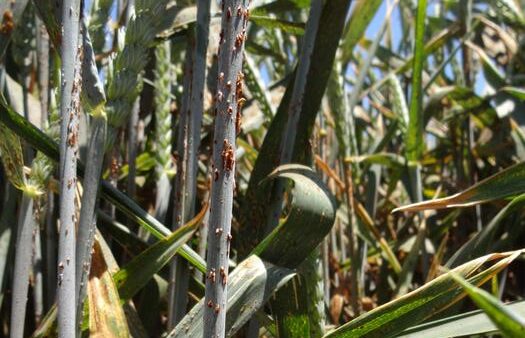Investing in community can come in all kinds of forms… and carries benefits way beyond the obvious.
Like the farms and farm families they work with, agricultural corporations are rooted in their rural community. In countless ways both big and small, ag companies invest in those communities, pouring dollars, manhours and heart into everything from grassroots projects to major initiatives. Is your company keen on getting started in investing in community, or looking for fresh ways to show commitment to the people and places that support your operations? Seed Word reached out to several seed companies for ideas about how they invest, why those investments matter so much and why it’s important to showcase and celebrate community building efforts.
The most obvious benefit of investing in community is that it immediately and positively impacts that community. The efforts made and dollars donated by companies can enable programs, build community pride, allow new opportunities, and so much more. Generosity also carries spin-off benefits for both the company that makes community investments, and for the greater agriculture industry as a whole.
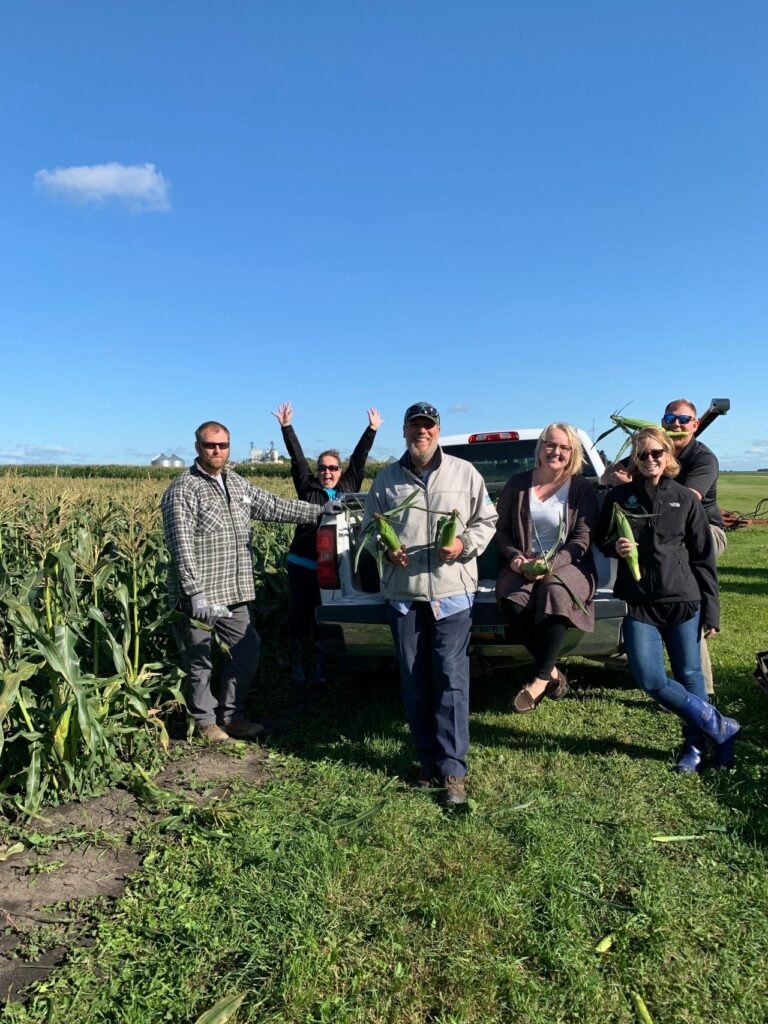
A ‘Culture of Caring’
When done in ways that directly engage employees, investment can help corporations build a ‘culture of caring’, which supports employees’ goodwill, workplace engagement and corporate pride. From donation matching programs to allowing employees to take paid time off to volunteer to asking employees for recommendations on where to direct charitable giving dollars, there are many creative ways to align the company and employees in community giving.
The efforts can be agriculture related… or not.
Scott Sanders, general manager of Peterson Farms Seed, says regular blood drives, book drives and support of the Salvation Army are backbones of their community involvement, even though those initiatives aren’t always directly related to agriculture.
“We try to focus on areas that provide the most benefit,” Sanders says.
That said, Peterson Farms Seed also tries to participate in agriculture-based projects wherever possible, such as annual sweet corn donations to homeless shelters, food pantries and jails.
Community-minded efforts are a great way to showcase what a company stands for.
“These projects allow the community to see what Peterson Farms Seed is all about and what values drive us as a company,” Sanders says. “It helps potential and current customers see who we are and what we value at Peterson. Our reputation is very important to us and being involved in community work allows us to build on that reputation.”

Giving Over Getting
While efforts can pay off in marketing and public relations, companies that commit to building a community-minded culture see community service as an integral part of their business, not just a means to an end.
“Community service is a work of heart,” says Bethany Gremel, director of culture and brand experience for Beck’s Hybrids.
She explains that Beck’s Hybrids’ commitment to supporting farmers across America includes a strong focus on partnering with employees, local communities and non-profit organizations through sharing time, talents and resources.
“Our culture is a service-based culture so it’s natural for each of us to look for ways that we can use our talents and gifts to serve,” Gremel says.
Financial support and philanthropic giving is often an important element in a corporation’s culture and position in their community. Whether directing dollars or investing in ways other than monetary, it’s important to stay connected to the causes.
“Building trust by investing in our local communities is not necessarily through a monetary donation. Trust is built by coming alongside another person and sharing in their ‘why’: believing in what they believe in and helping to elevate what is important to them,” Gremel says.
She says it is extremely important to work with local employees and seed dealers to identify the community needs that align with company values.
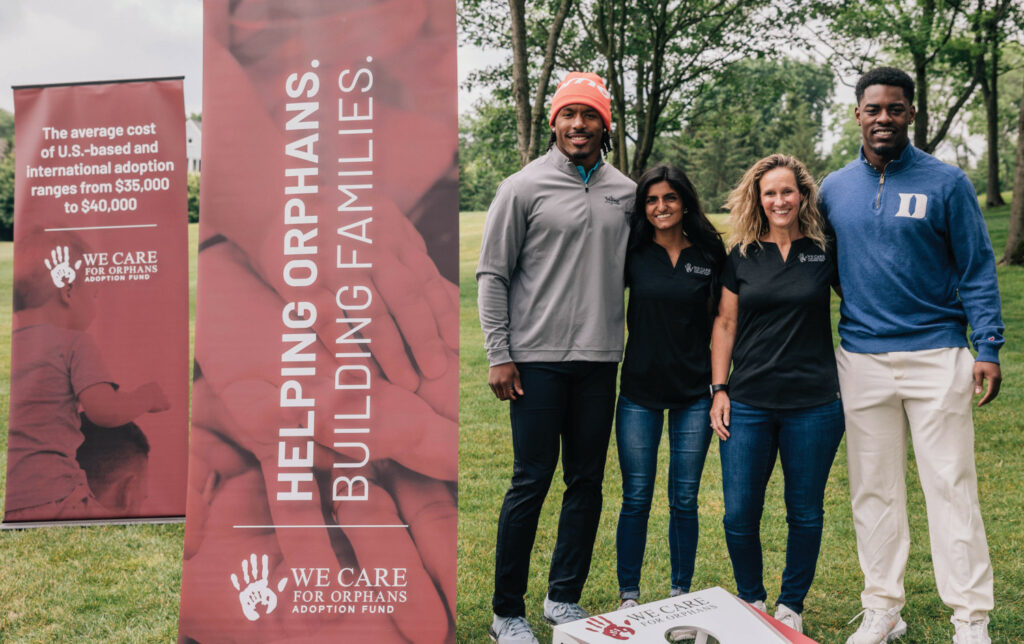
“At the most basic level, this creates an environment or culture that promotes something other than our individual selves,” Sanders agrees.
In addition, it builds connection and goodwill within the organization.
“Serving provides another opportunity for our team members to work together on something other than their everyday jobs,” he says.
Commitment to the Next Generation
Chris Cornelius, executive assistant for Cornelius Seed, says their support of young people in their community ranges from a large-scale basketball tournament hosted each year to intentionally hiring local teens each summer to work on the farm.
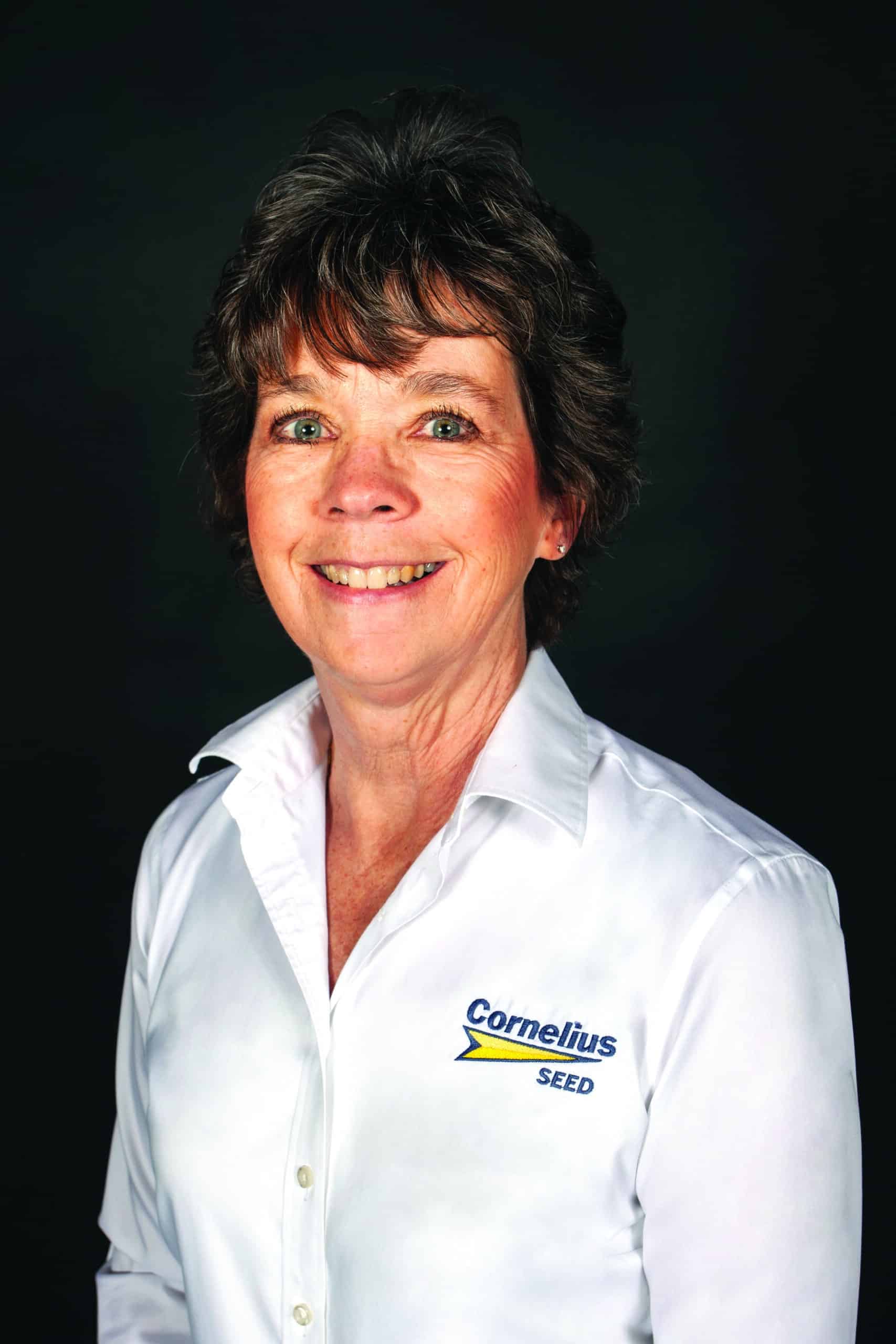
“We hire as many local students as we can during the detasseling season. We do our best to be a part of our community and support it in any way that we can,” Cornelius says.
Another way a seed company might support the up-and-coming generation is via a scholarship fund. These programs can start small and grow to have significant impact.
“We want to encourage young people to further their education, especially in ag education, which is near and dear to our hearts. We’re looking for young bright minds to enter the ag world and it makes sense to support that program,” Cornelius says.
Sanders says their employees are committed to the future of ag as well, giving their time to teach and encourage the next generation of farmers.
“In addition to financial support for youth ag groups like 4-H, we encourage our folks to actively interact with the groups we support,” he says. “We are judging at Future Farmers of America (FFA) contests and participating as volunteer mentors, judges and speakers in college ag curriculum at North Dakota State University as well as other smaller ag-focused colleges.”
The Beck Foundation, a non-profit organization established by the Beck Family, offers scholarships and donations totaling over $200,000 annually, as well as support to local efforts such as 4-H and FFA.
“We believe in the future of agriculture and are grateful to support young leaders who are passionate about our industry and about helping farmers succeed,” Gremel says.
Cornelius urges other seed companies to see the benefit in supporting ag education, both for younger and older students.
“We go into the local schools and talk about agriculture and our business. When you can start at the elementary age, it makes a large impact. Those students are now aware of what we’re doing and can help teach their families about conservation and farm safety and where their food comes from,” she says.
Gremel agrees it’s important to look at these efforts as a ‘long game.’
“Community service is an investment for the future with the hope of a positive return for the generations that follow, much like that of the legacy farming operations that are common in multi-generational farm families,” she says.
Get Creative
Supporting community can be achieved in simple ways, or in ways as creative and unique as the companies that imagine them.
Cornelius Seed is heavily invested in supporting their local Iowa State extension office, a partnership of mutual support.
“Extension is a huge resource for us including outside the agriculture arena. We have worked with them to provide employee training on safety and mental health,” Cornelius says.
The annual Little Hawk Basketball tournament hosted by the Cornelius family — which brings in over 360 kids each year — is also a unique way of serving local families.
In 2022, Beck’s launched ‘Beck’s Day Ever’, an annual initiative offering resources to farm families and those serving in the agriculture industry. The first year of the program was sponsored in partnership with Farm Journal and aimed to identify and support farm families who go above and beyond to help others, or to give a hand up to those who were facing hardship of some kind.
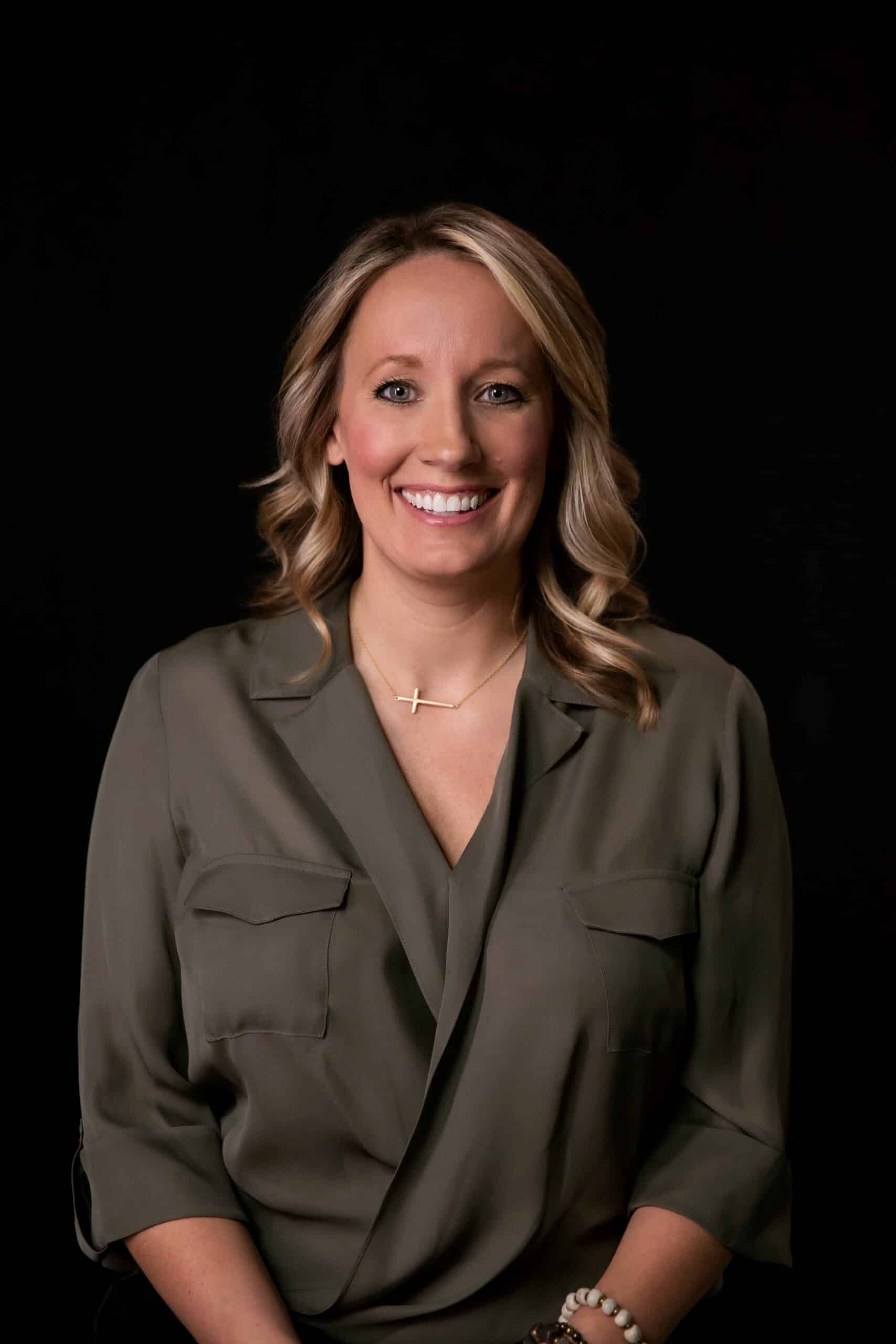
“They need time to just be together, to laugh together – one good day to get them ready to face what lies ahead – that’s ‘Beck’s Day Ever’,” Gremel says.
Over the next year, they will be honoring local fire and rescue departments through this program.
“These stories celebrate the people who protect life on the farm. It’s important that we continue to raise awareness for rural safety, not just for farmers but also for their communities and how they can support their local fire departments,” Gremel says.
Promoting Ag
Some benefits of community commitment extend well beyond one’s own company. Seed companies that connect with and serve in their communities also become positive representatives of the agriculture industry to consumers.
“We want to earn their respect and trust. It’s so important because if there is one bad experience with a business, word of mouth just takes off and it spreads. But on the flip side, if you do good things, it has the same ripple effect,” Cornelius says.
These ripples can potentially help influence public opinion about agriculture, which Sanders says is especially important given the widespread misinformation and inaccurate assumptions spread online.
“Generally, the ag community tends to be very humble and not willing to stand up for the good things we are all doing for the benefit of all,” Sanders says. “It’s our responsibility to ensure we are putting out thoughtful, accurate information to the general public.”
While it can be challenging for companies to walk the line between humility and loudly sharing positive stories, showcasing one’s efforts and impact can support a company’s goals and build goodwill for the entire agricultural community too.
“We like to do things quietly and not focus on people recognizing we are out there in the community. However, when you do receive comments of appreciation, it means a lot. It’s also important to put a positive face on agriculture and educate people about what’s truly going on and how we live every day,” Cornelius says.
Gremel agrees.
“Sonny Beck has shared many times that if you do the right thing for someone else, it will likely turn out okay for you also. But even if it doesn’t, you still did the right thing,” she says. “Giving back to the community is simply doing the right thing.”









